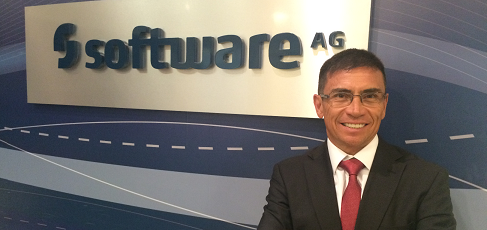
But being aware is not enough. Being worried is not enough. Having easy access to an endless mountain of data does not say much if we do not know how to use it, since data is data and, alone, does not deliver all the value that they are capable of. As said by the English philosopher Francis Bacon - before the year 1600! - information is power and, if we don't turn all information into insights that are really relevant to business, we will just continue to watch the constant change in the market and worse - we will be swallowed up by it.
Our customers make choices at all times and, in doing so, they give us valuable information about their preferences: always-on apps to help escape the traffic allow us to know their routine of schedules and priority paths, apps where they share their photos tell us a lot about your interests, online options for ordering taxi, food, searching for destinations and booking tickets and accommodation, have opened up your lifestyle.
And is the market able to deal with all this sea of possibilities? In my view, not yet, at least not yet in Brazil. I see companies acting very anchored in what they "expect" from customers, tending to believe that they know what they want and need based on macro and non-personalized diagnostics.
Most of the time companies act in a preventive and non-predictive way. The preventive analyzes adopted by the vast majority of companies as a way of generating differentials ensure that processes, products, equipment and services work satisfactorily and with quality, avoiding problems that negatively impact the customer experience. But preserving and protecting the relationship with this customer by offering what is unexpected will be the least that a company - be it of any size or segment - can do. Predictability goes up to that point and is no longer enough. Now it is necessary to go further, being preventive is not enough.
The difference will only be really effective when companies - I repeat, of any size or segment - transform the data generated into information that drives relevant approaches to their client, even before the client knows that it is relevant.
And how to achieve this? Going beyond prevention! Capturing, reading and ordering information in order to feed a predictive chain. The real-time interaction with customers allows advanced technological solutions - and already available - to correlate data, repetitive events, algorithms, statistics, among other points to identify the possibilities of future actions, with the aim of not only serving this customer with all the excellence that he demands and deserves, but to surprise him, to arrive earlier, to deliver a hyperpersonalized experience based on the understanding of his behavior and aspirations.
Does technology help us in this challenge? No doubt! It is fundamental. But it is the way, the tool. The technology delivers the inputs for predictive analyzes to be made, but the rules need to be created by the strategic areas, by qualified decision makers and fully aligned to the company's Business Plan and to the customer's expectations. So, whether it's looking for information, capturing insights or making business decisions, it's time to surprise.












